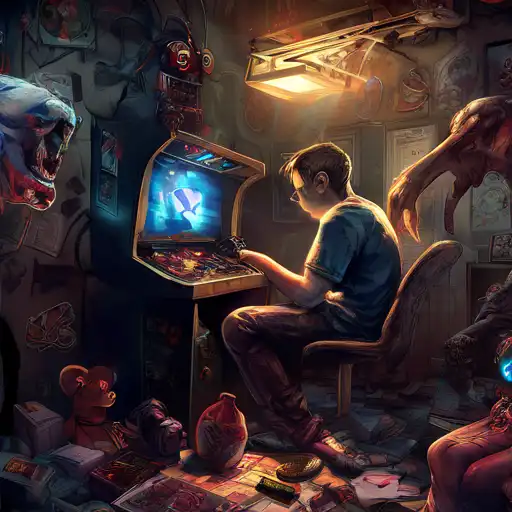Introduction to Gaming Addiction
Gaming addiction has become a significant concern in the digital age, affecting individuals across various age groups. This article delves into the psychological aspects that contribute to gaming addiction, offering insights into why some individuals are more susceptible than others.
The Role of Dopamine in Gaming Addiction
Dopamine, a neurotransmitter associated with pleasure and reward, plays a pivotal role in gaming addiction. The immediate feedback and rewards in games trigger dopamine release, reinforcing the behavior and making it addictive.
Understanding the Reward System
The human brain is wired to seek rewards, and video games are designed to exploit this by providing constant achievements and level-ups. This continuous loop of reward and anticipation can lead to compulsive gaming behaviors.
Psychological Vulnerabilities to Gaming Addiction
Certain psychological factors increase the risk of developing gaming addiction. These include low self-esteem, social anxiety, and depression. Games offer an escape from reality, providing a sense of accomplishment and social interaction that may be lacking in the real world.
Escapism and Its Consequences
For many, gaming serves as a form of escapism from stress or emotional pain. However, excessive escapism can lead to neglect of real-life responsibilities and relationships, exacerbating the addiction.
Preventing and Overcoming Gaming Addiction
Awareness and early intervention are key to preventing gaming addiction. Strategies such as setting time limits, seeking alternative hobbies, and professional counseling can help individuals regain control over their gaming habits.
Building Healthy Gaming Habits
Developing a balanced approach to gaming is essential. This includes recognizing the signs of addiction, prioritizing real-life interactions, and ensuring that gaming does not interfere with daily responsibilities.
Conclusion
Understanding the psychology behind gaming addiction is the first step towards addressing this modern challenge. By recognizing the triggers and implementing healthy gaming practices, individuals can enjoy gaming without falling into the trap of addiction.
For more insights into mental health and behavior, explore our mental health section.
